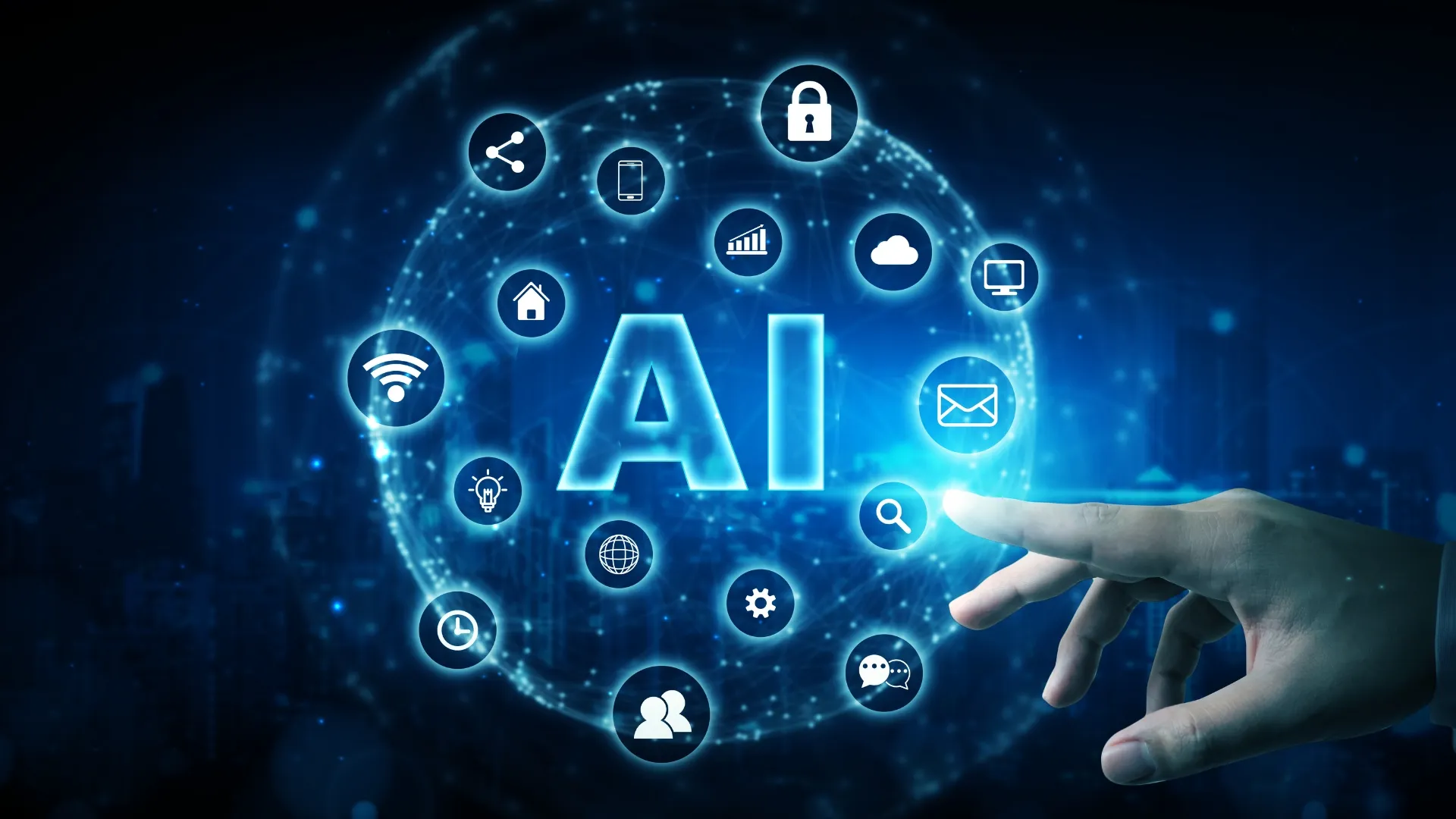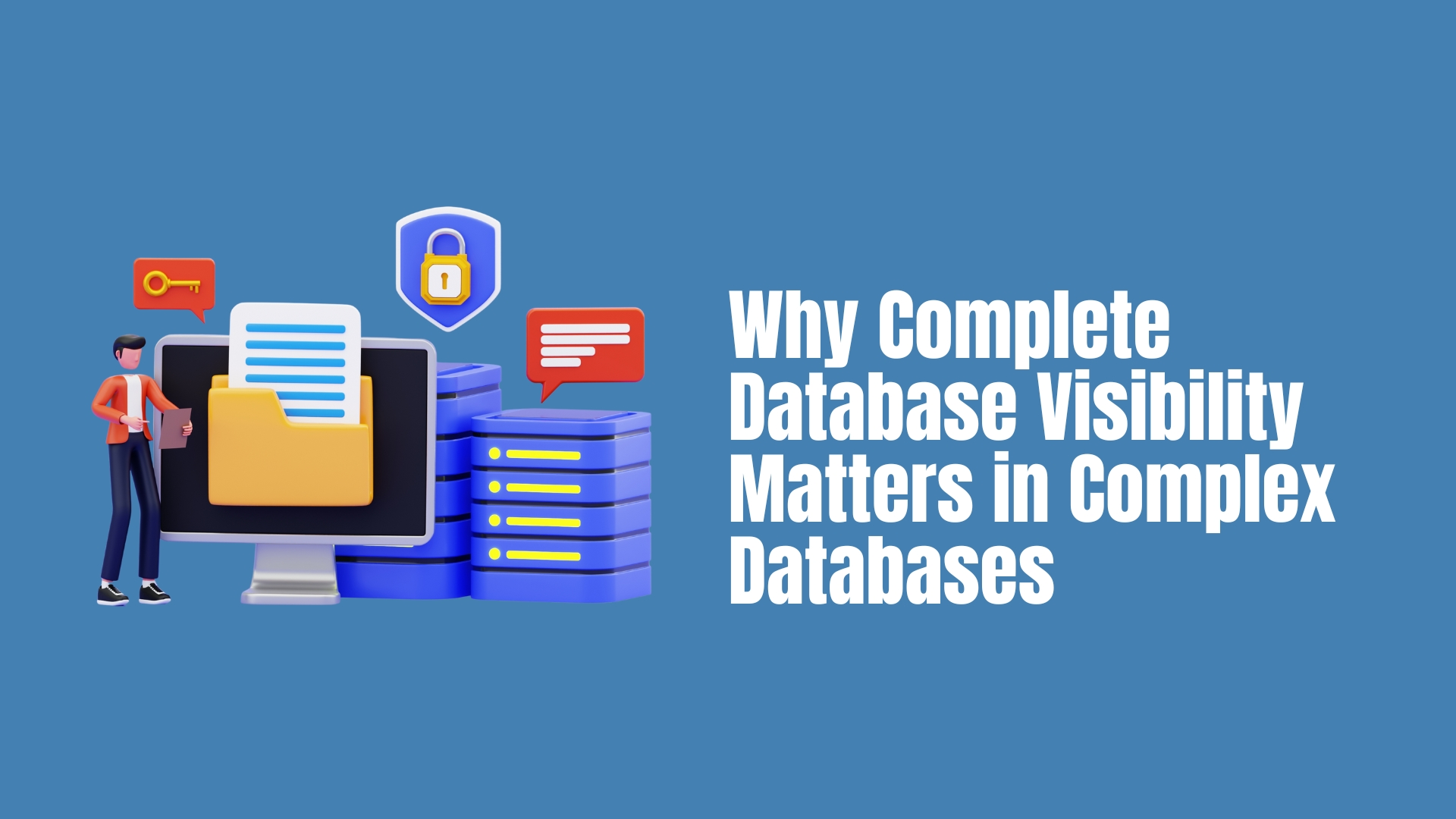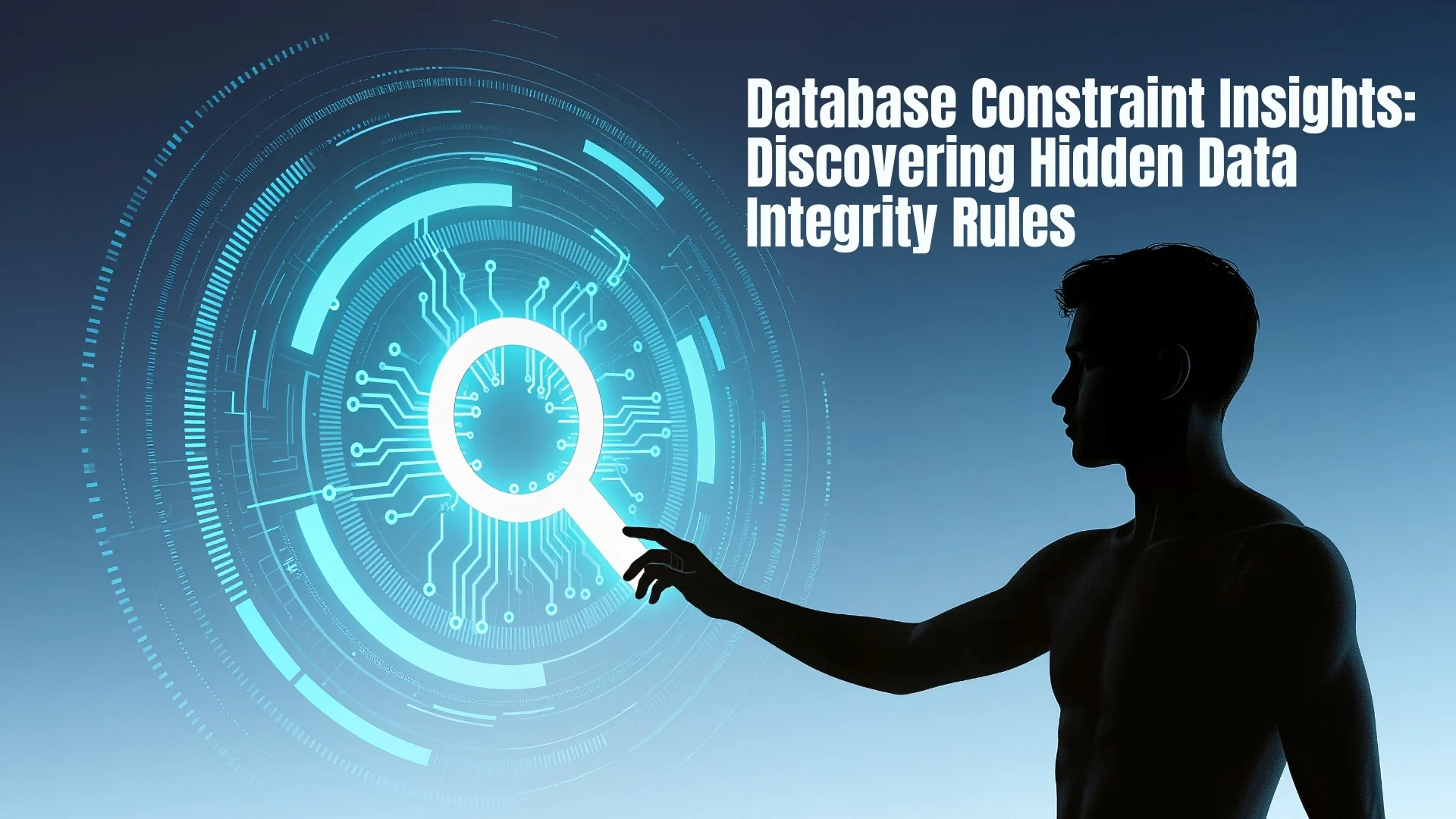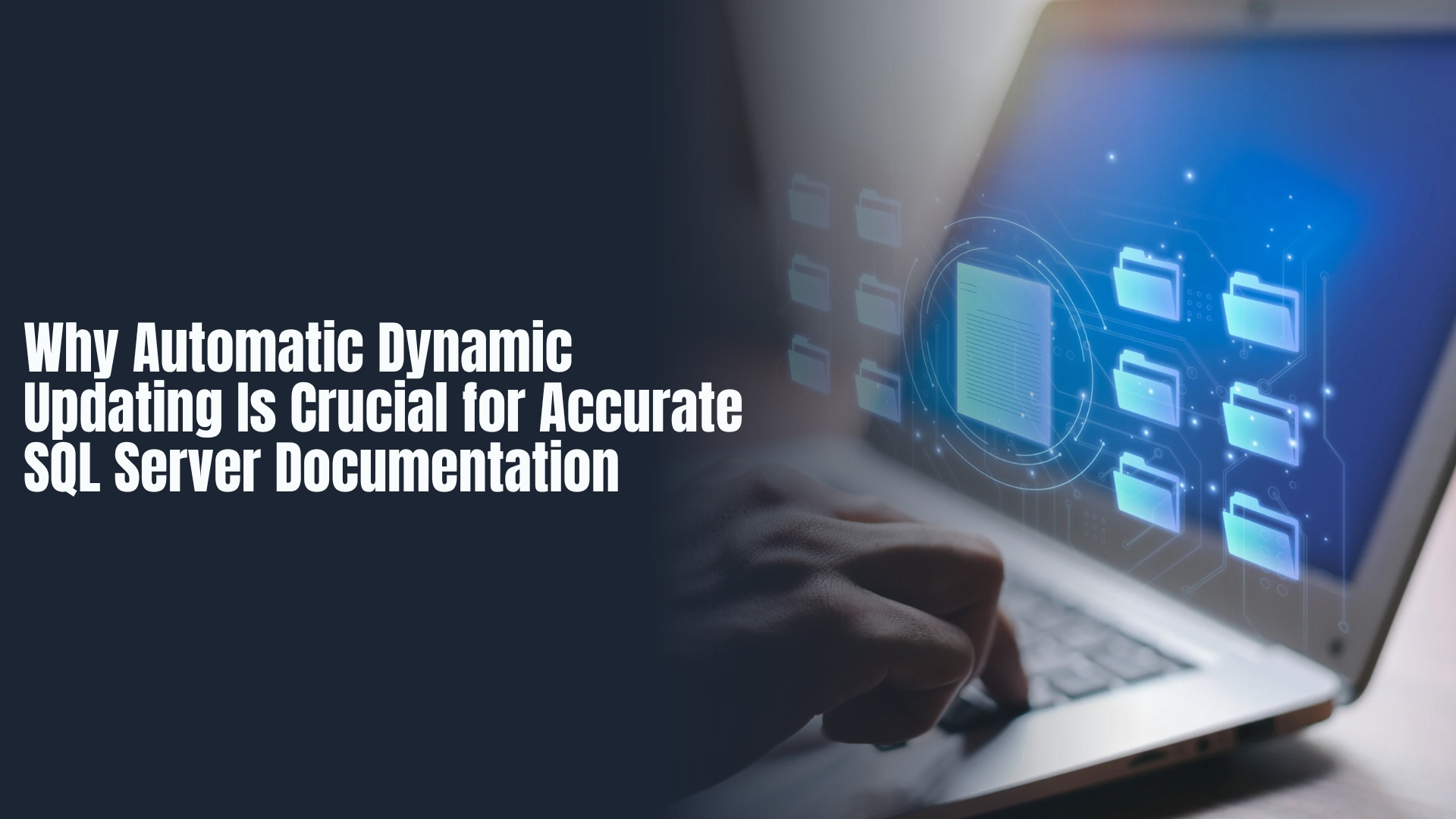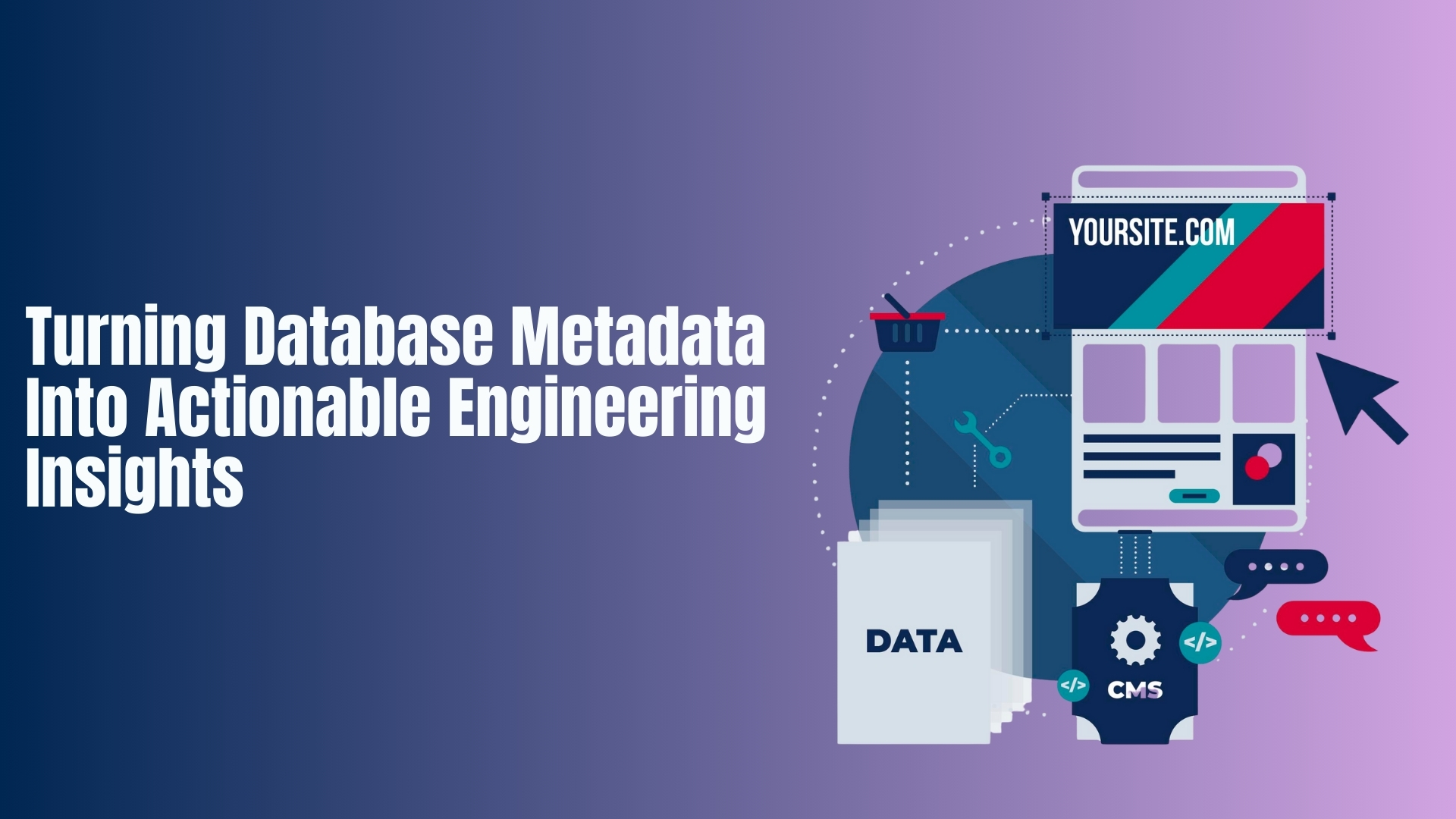As we step into an era dominated by artificial intelligence, the field of database analyzing is undergoing a transformative shift. AI is not only enhancing the speed and accuracy of data analysis but also introducing revolutionary capabilities that were once unimaginable. Here’s what the future holds for database analyzing with AI:
Automated Insights Generation
AI-driven tools can process massive datasets and generate actionable insights in real-time. This automation reduces manual effort, allowing database professionals to focus on strategic tasks.
Predictive and Prescriptive Analytics
AI enables databases to move beyond descriptive analysis. Predictive analytics forecasts trends and potential risks, while prescriptive analytics offers recommendations to achieve desired outcomes.
Intelligent Data Cleaning
AI algorithms can identify errors, duplicates, and inconsistencies in data with unprecedented precision. This capability ensures cleaner and more reliable datasets for analysis.
Natural Language Queries
With AI, interacting with databases is becoming as simple as asking a question. Natural language processing (NLP) allows users to query databases without needing specialized SQL knowledge, democratizing data access.
Enhanced Security Measures
AI can proactively detect anomalies and potential breaches in database systems. Machine learning models continuously learn and adapt to emerging threats, providing robust security.
Seamless Integration with Other Technologies
The integration of AI with cloud computing, IoT, and big data technologies will create a synergistic effect, enhancing the overall capabilities of database analyzing systems.
In conclusion, AI is redefining database analyzing by making it more efficient, intelligent, and user-friendly. As these technologies continue to evolve, businesses that embrace AI-driven database analysis will be better equipped to thrive in a data-centric world.

